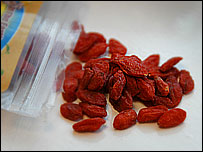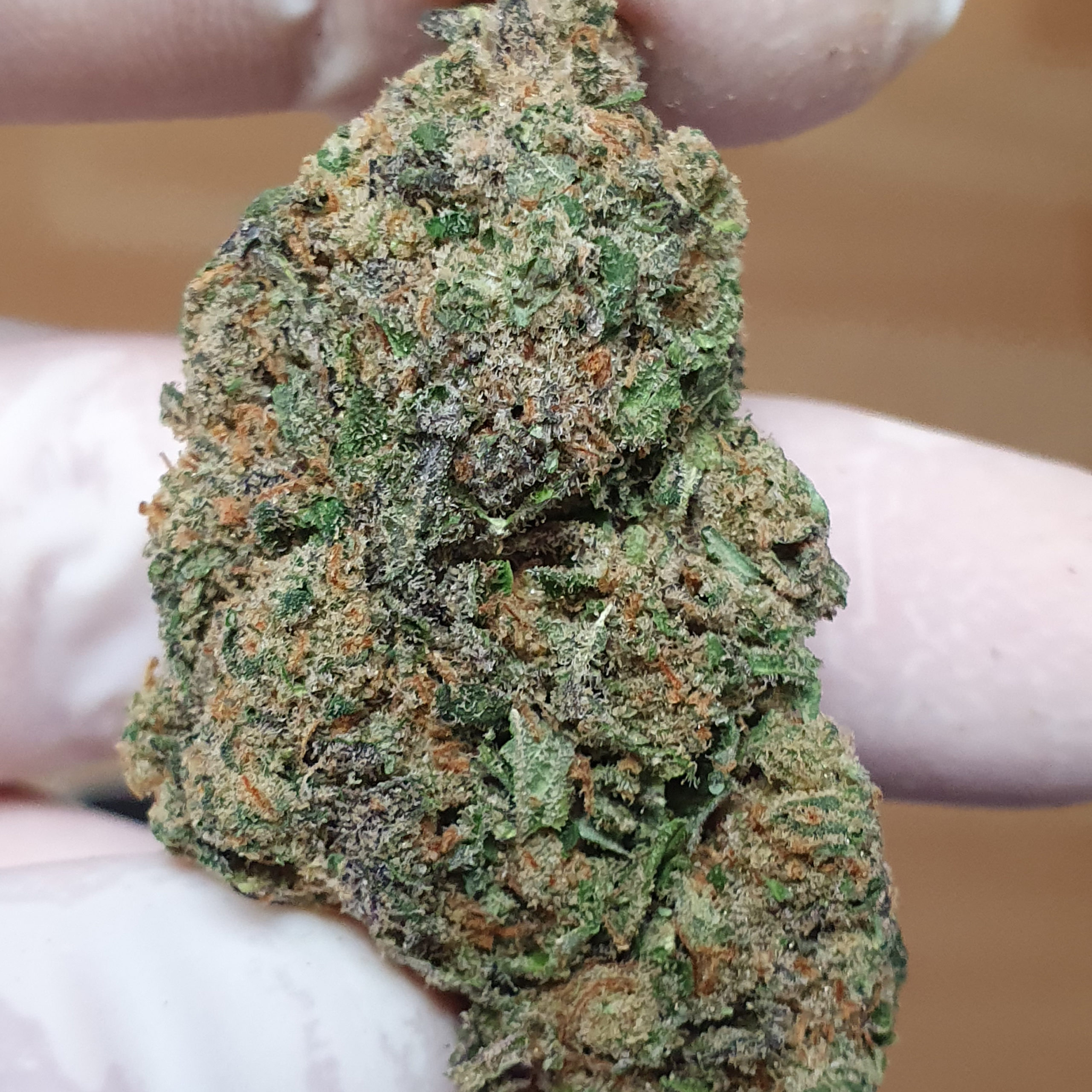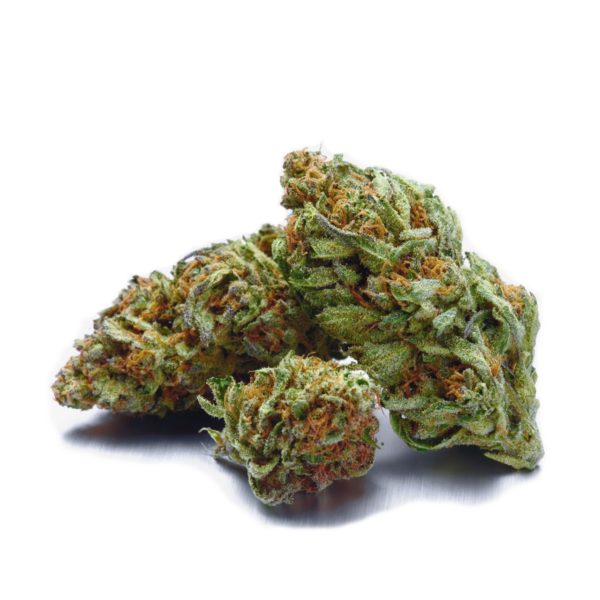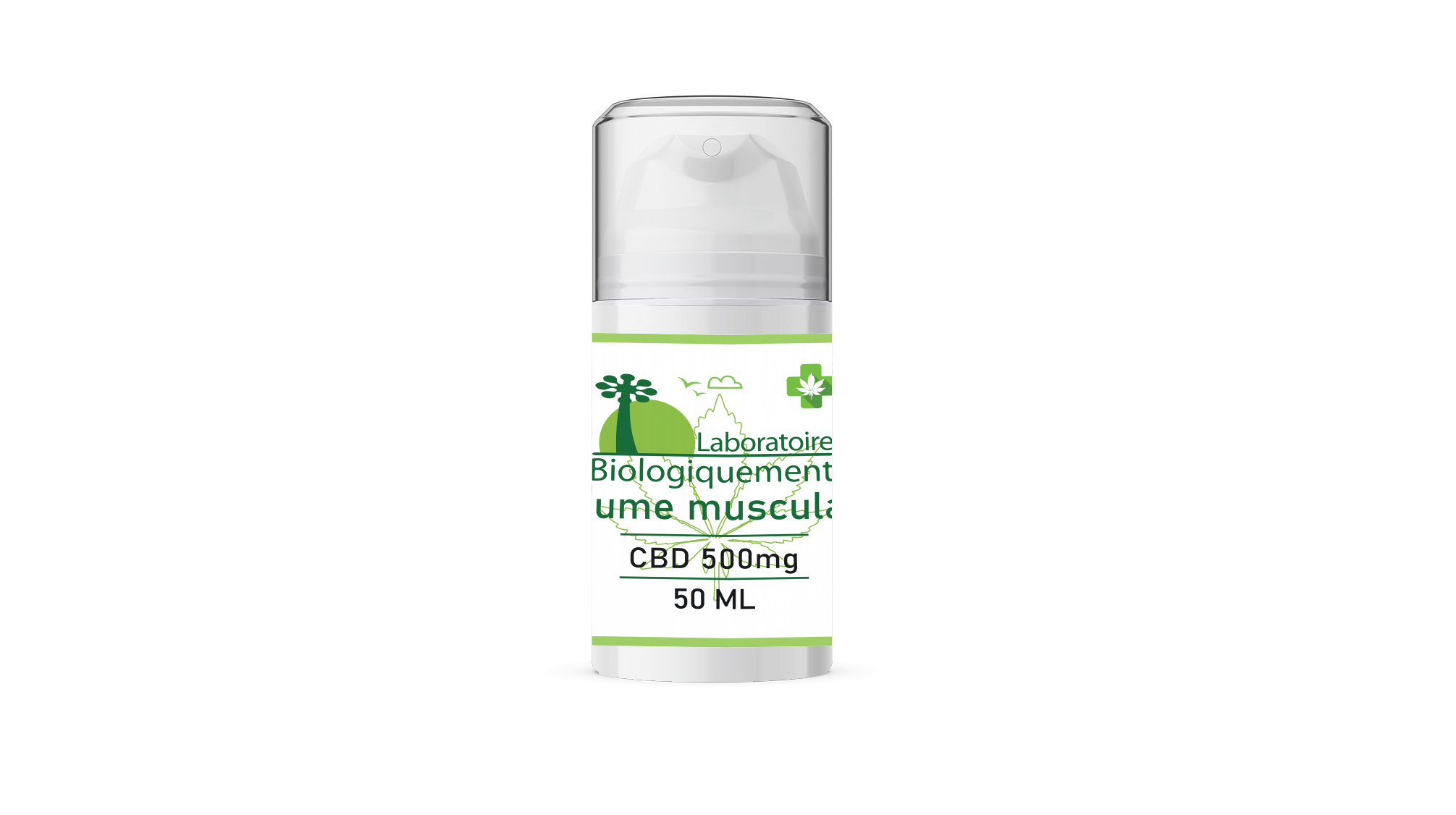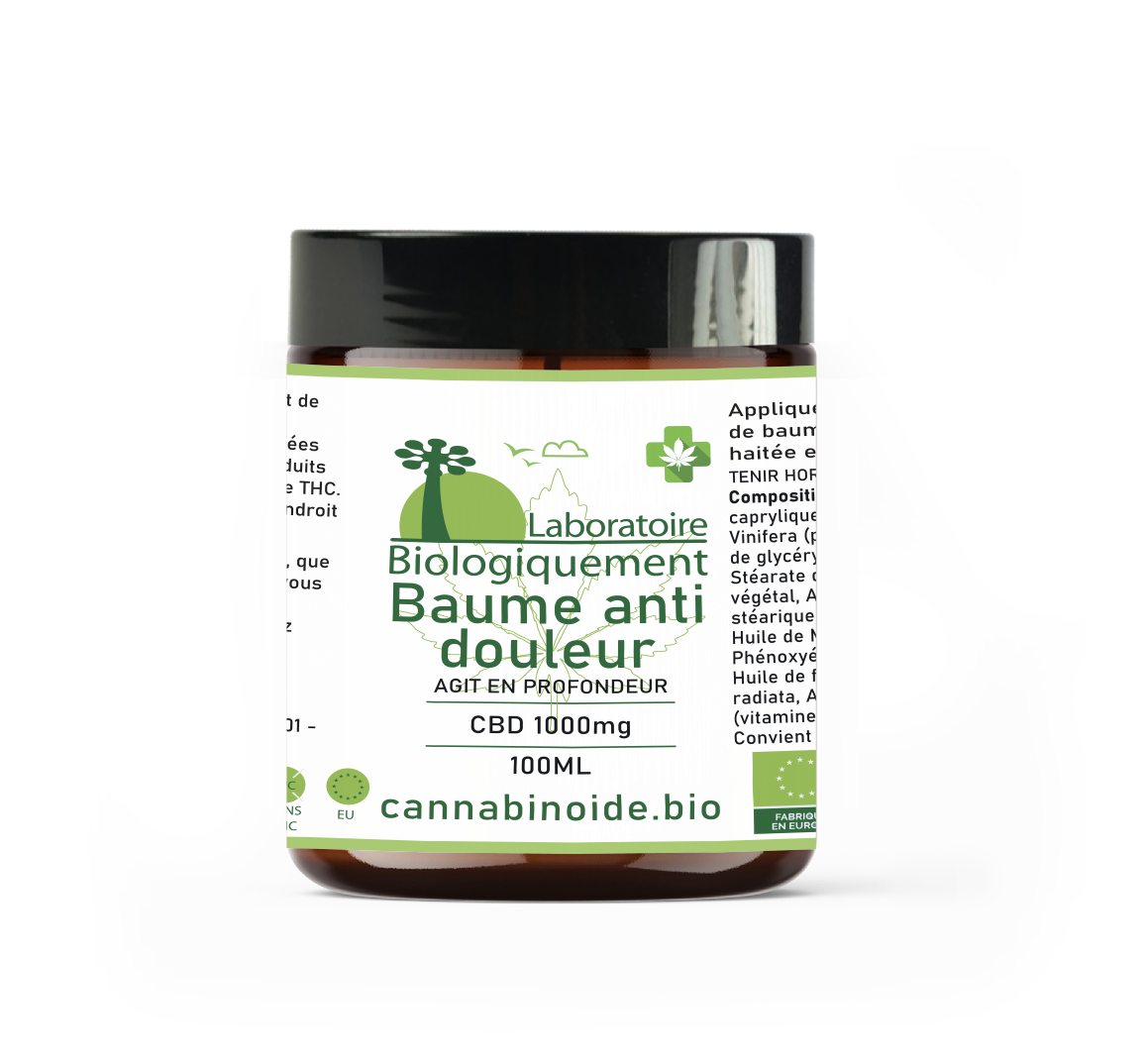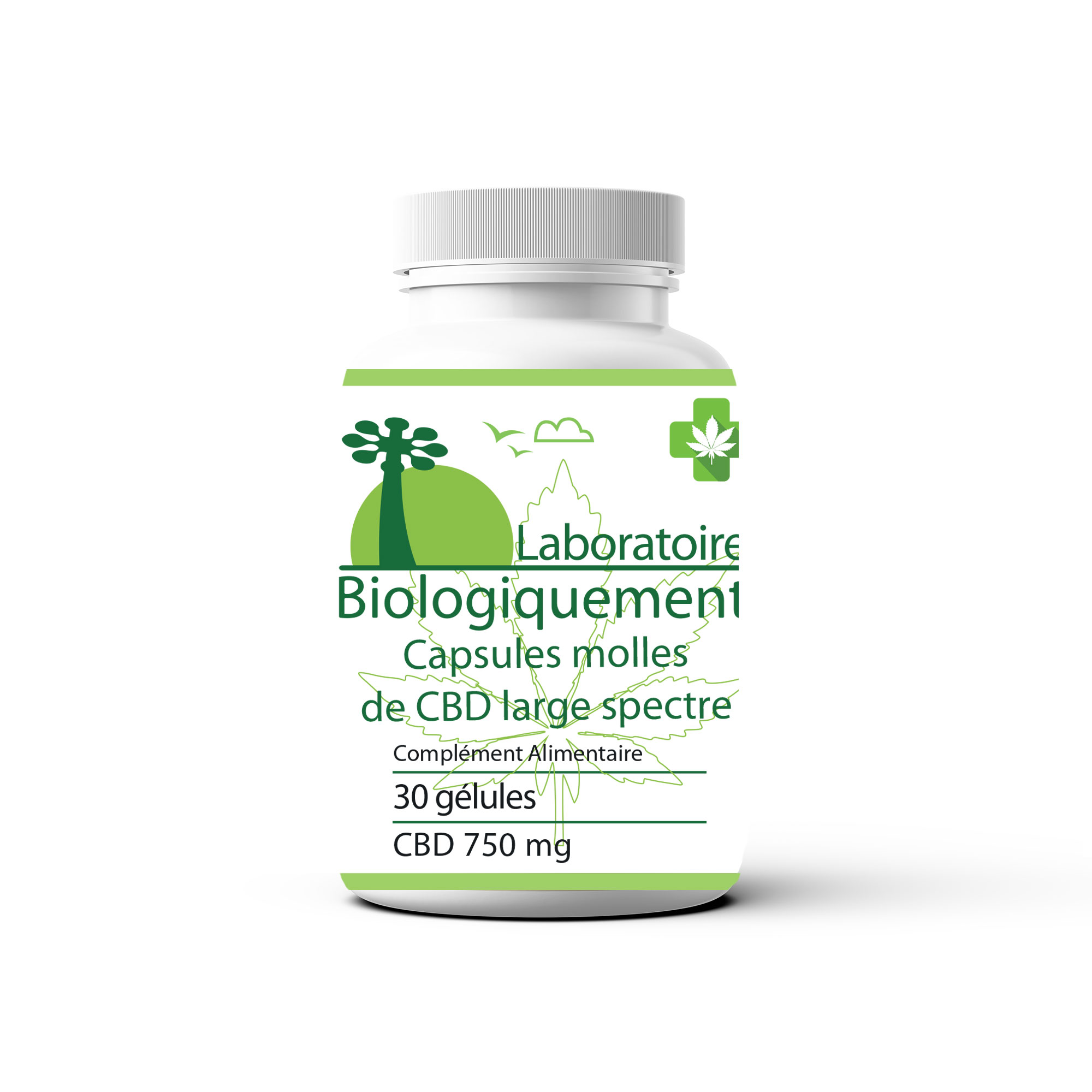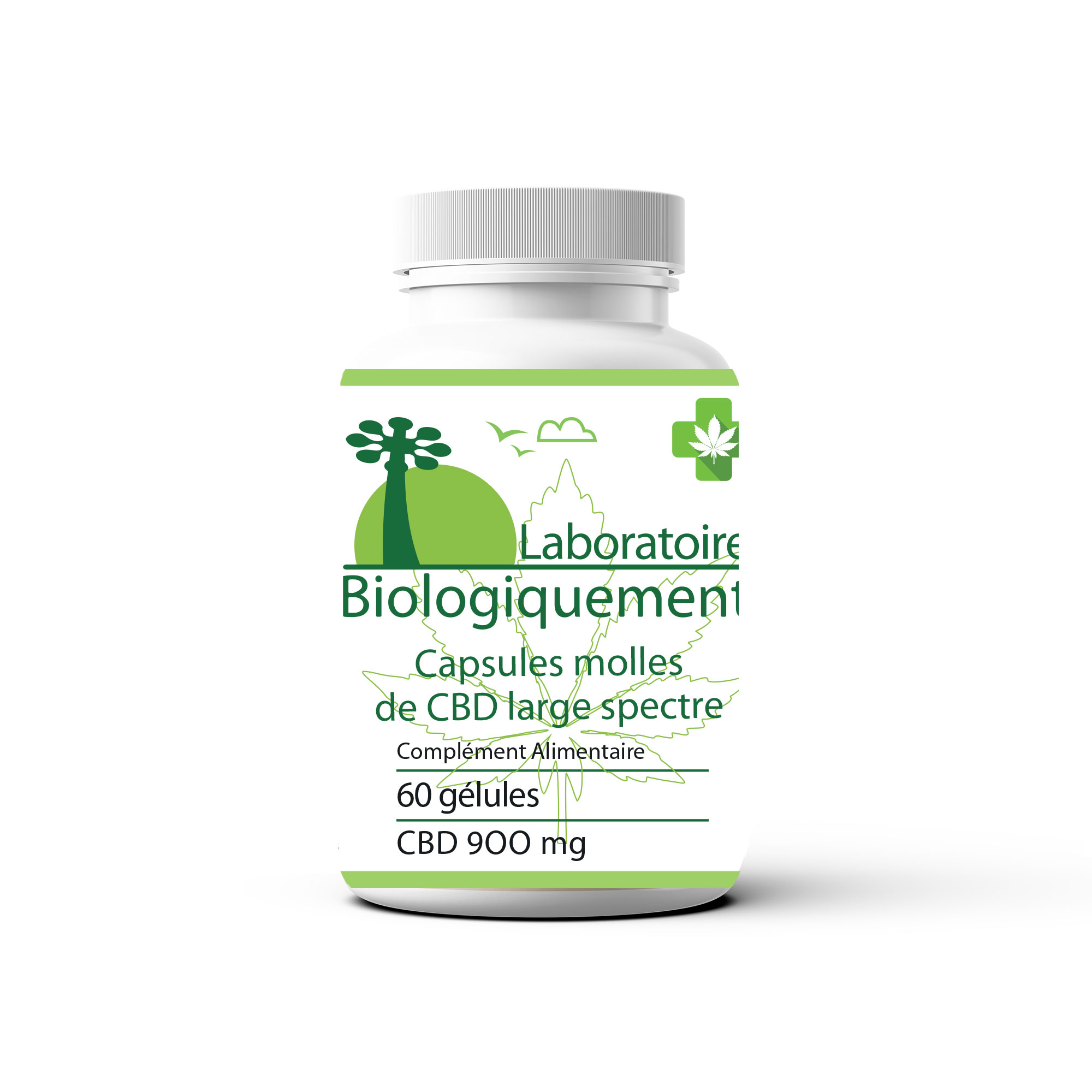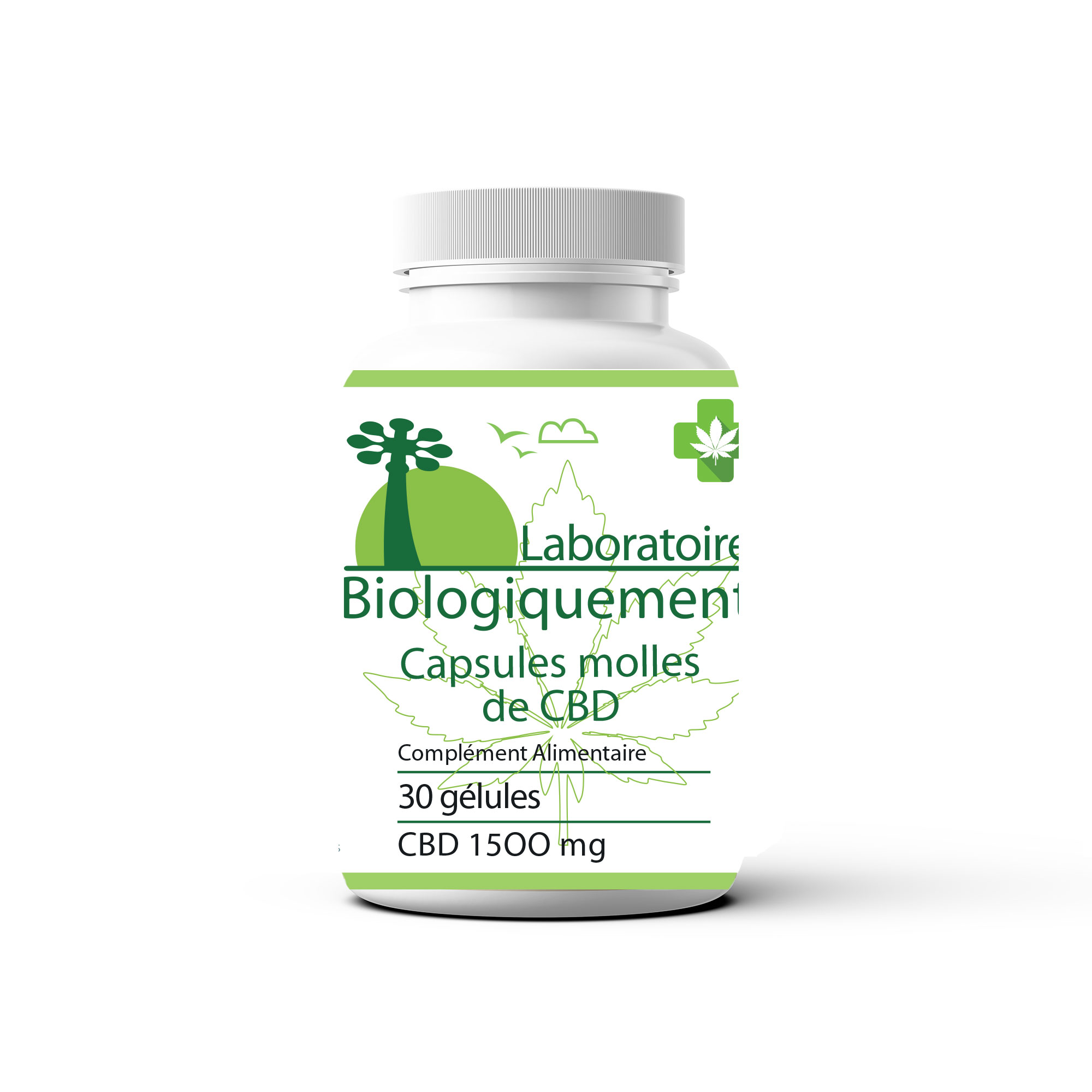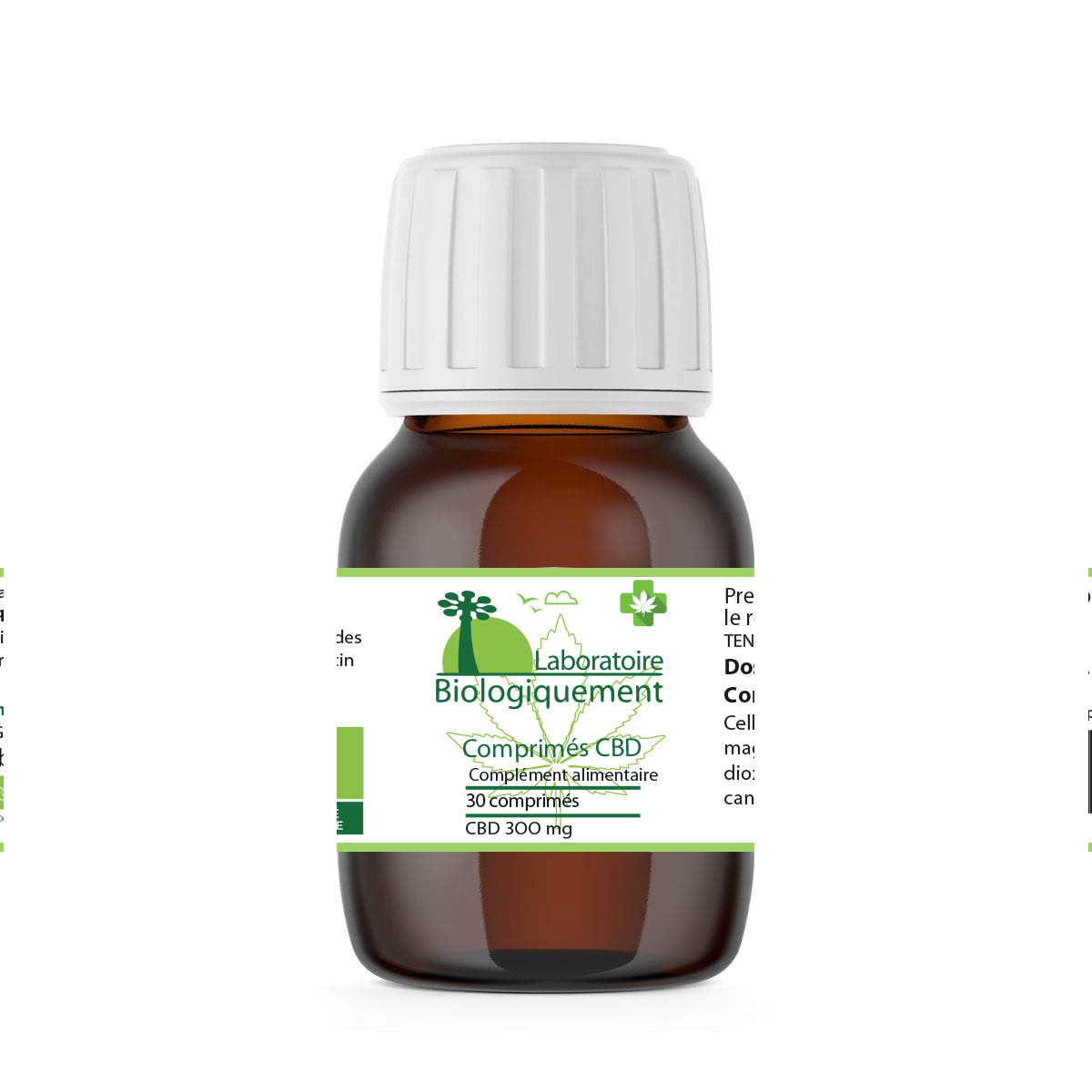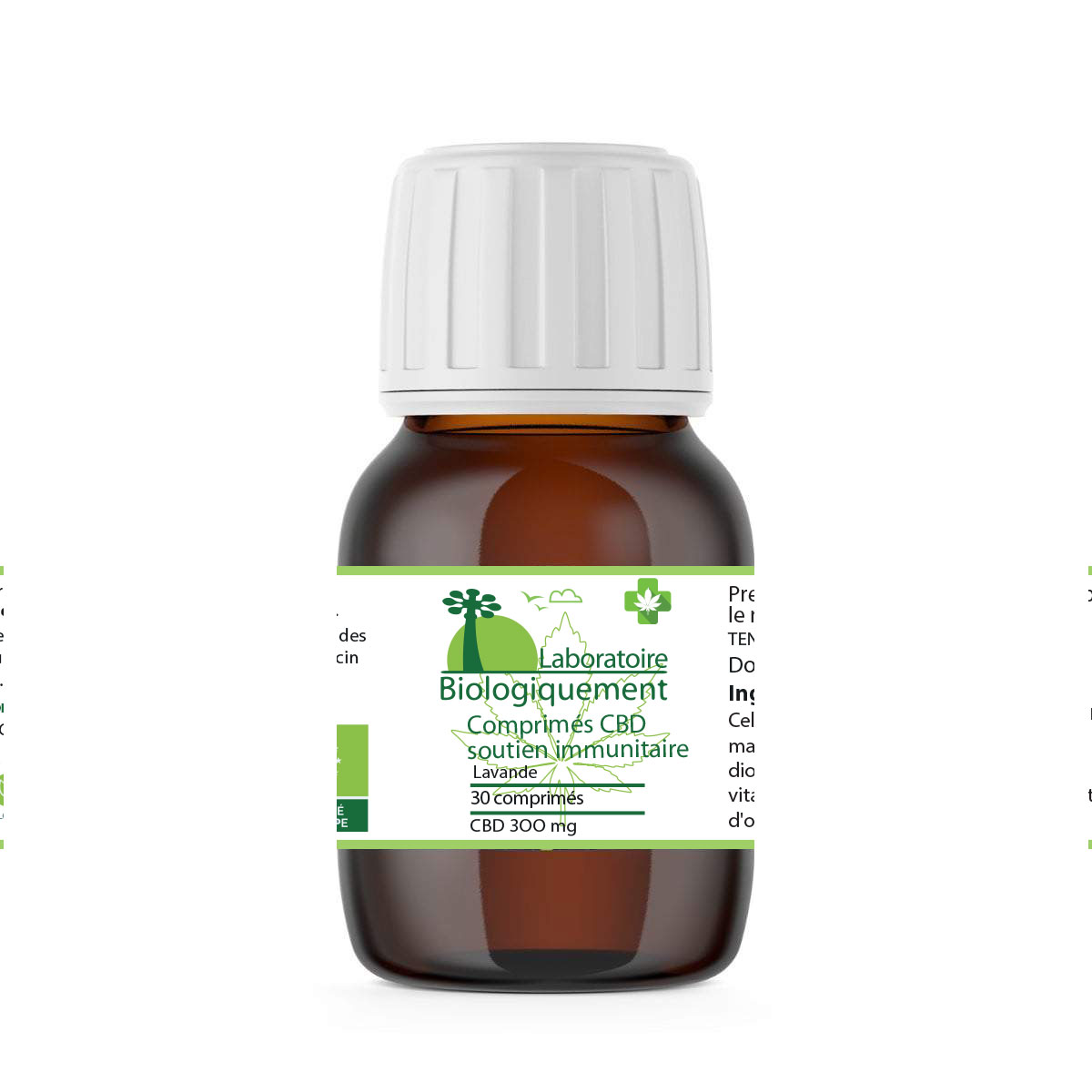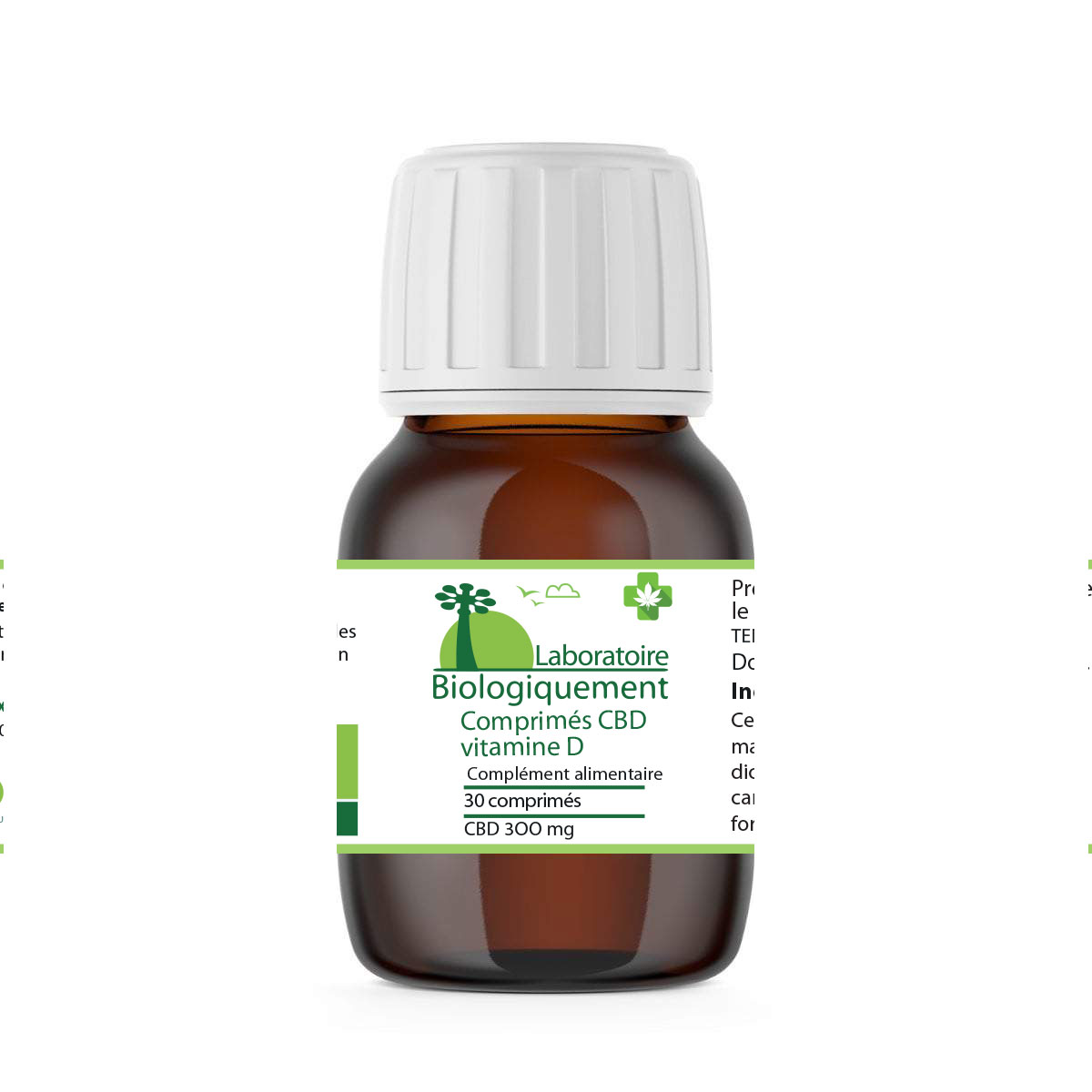Slender celebrities have been singing the praises of goji berries and now Tesco is stocking them. Does this “miracle” Himalayan fruit match up to the marketing hype?
The goji berry is the latest so-called super-food name to trip off the tongue and into the mouths of health-food evangelists. Small, red, dried, and a bit like a savoury cranberry, the nutritionally-rich fruit is making the leap from specialist store to supermarket.
Already popular in the US, celebrities like Madonna, Liz Hurley and Mischa Barton are said to munch them for their rich properties.
“Fruit Viagra”
Pronounced “go-gee”, they’re supposed to contain, weight for weight, more:
• vitamin C than oranges
• beta-carotene than carrots
• iron than steak
But there’s no messy peel, and the berries are so light that a “daily serving” is just 10-30 grams.
The hype machine calls them “fruit Viagra”, “cellulite-busting” and claims one pack will have you “jumping for joy”.
A more sober scientific explanation says the beta-carotene in the fruit is thought to help fight heart disease, defend against cancer and protect skin from sun-damage. The berries are a good source of B vitamins and anti-oxidants – which may help protect against the fallout from chemical reactions in the body.
“A lot of people believe that they give a huge boost to your libido”
“It sounds like quite an amazing berry,” says dietician Jacqui Lowdon, of University Hospital, Cardiff. “But a lot of things like that are a novelty.”
“A serving of one berry is not going to turn your life around. That requires a combination of things: overall weight, attention to fat intake and types of fats, fibre intake, vitamins and hydration. It’s an overall package.”
But as one of your five portions of fruit and veg a day, Ms Lowden gives gogis the thumbs up, saying a “novel alternative is great”.
Health trend
But will the average shopper be cast under the goji spell? Organic grocery shop Fresh & Wild, in London’s Notting Hill, is hardly a reliable barometer of public opinion, but if a health trend is awakening, this is where the pulse can be felt.
“Where are the goji berries?” is the most-heard phrase from customers as they come in to stock up on healthy goods.
GOJI BERRY BOOST
Contain beta-carotene, thought to help prevent heart disease
Highly-concentrated in vitamin C
Polysaccharides to help immune system
18 kinds of amino acids
Slightly chewy, taste like a savoury cranberry
From £1.99 for a 60g bag of the shrivelled fruit, to £14.99 for the maxi size, goji berries are not cheap, compared with a home-grown apple or an orange. But the packets, berry bars and muesli have been selling by the trolley-load in recent weeks.
“They’ve been flying off the shelves,” says manager Alan Green, who likes them mixed with nuts and seeds as a snack.
At the shelf stacked with goji produce, Jonathan Foreman, 40, from London, is picking up a couple of packets.
“They’re nice with cereal, crunchy, not that sweet and a little bit like a cross between a raisin and a dried strawberry or raspberry,” he says.
He likes the taste and nutritional value, but adds: “A lot of people believe that they give a huge boost to your libido, but I certainly haven’t experienced that.”
Food mile impact
Gojis, or wolfberries, are grown on vines in China, Mongolia and Tibet, where they are also drunk in juice form.
But isn’t their feel-good factor somewhat compromised by the fact they have to be carried thousands of miles to reach their Western market? After all, aren’t “food miles” every bit as worrying these days as poor diet? Stockists are armed with a response to this accusation – saying the dried fruit is shipped, not flown.
Whether that popularity grows will depend not just on how health conscious people rate them, but on their taste for the masses.
Outside Tesco, after a slow start, nibbling gingerly on the berries, Katasha Rose’s, 23, and Sarah Jaques’ verdict is strong and unequivocal.
Noses wrinkle as they chew and Sarah, who is not a berry fan, rejects them. A more enthusiastic Katasha says: “They taste like tea.”
Would goji berries make it into her shopping basket? “Yes, if they were cheaper,” she says, “and tasted better.”

Un avis consommateur, ou avis client, désigne un élément d’appréciations et commentaires donnés par les acheteurs sur un produit ou un service, que ce soit sur un critère particulier ou la globalité de l’offre. Ces opinions reflètent le niveau de satisfaction de la clientèle.
Vous pouvez consulter les avis clients du site du laboratoire Biologiquement en suivant ce lien : avis biologiquement.shop
C’est la note que nos clients nous donne actuellement. Merci pour votre confiance !

